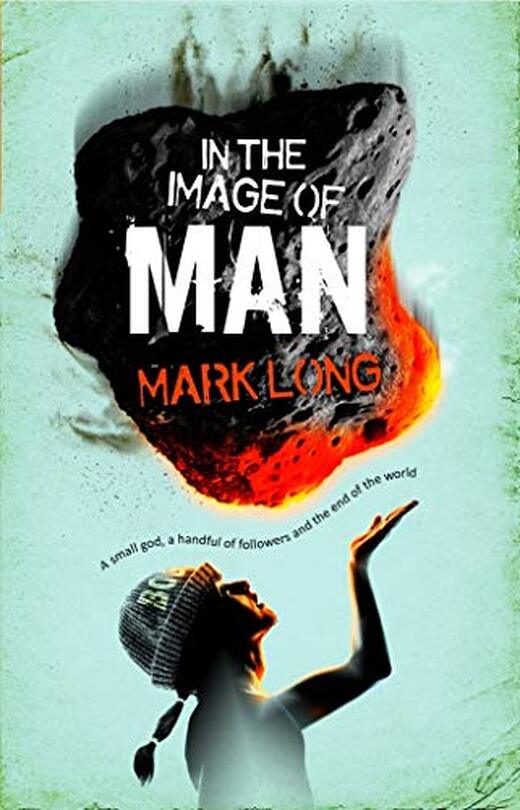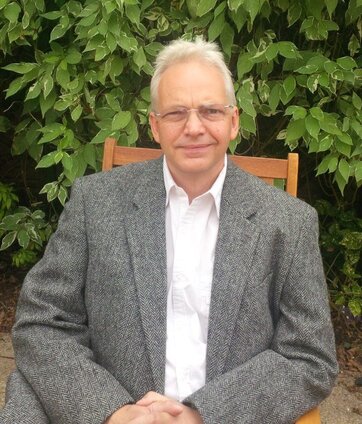|
book reviews |
A small god, a handful of followers and the end of the world |
Who am I?An avid reader, typobuster, and the Hyper-Speller. I am a husband, father, and grandfather. Archives
May 2024
Categories |


 RSS Feed
RSS Feed